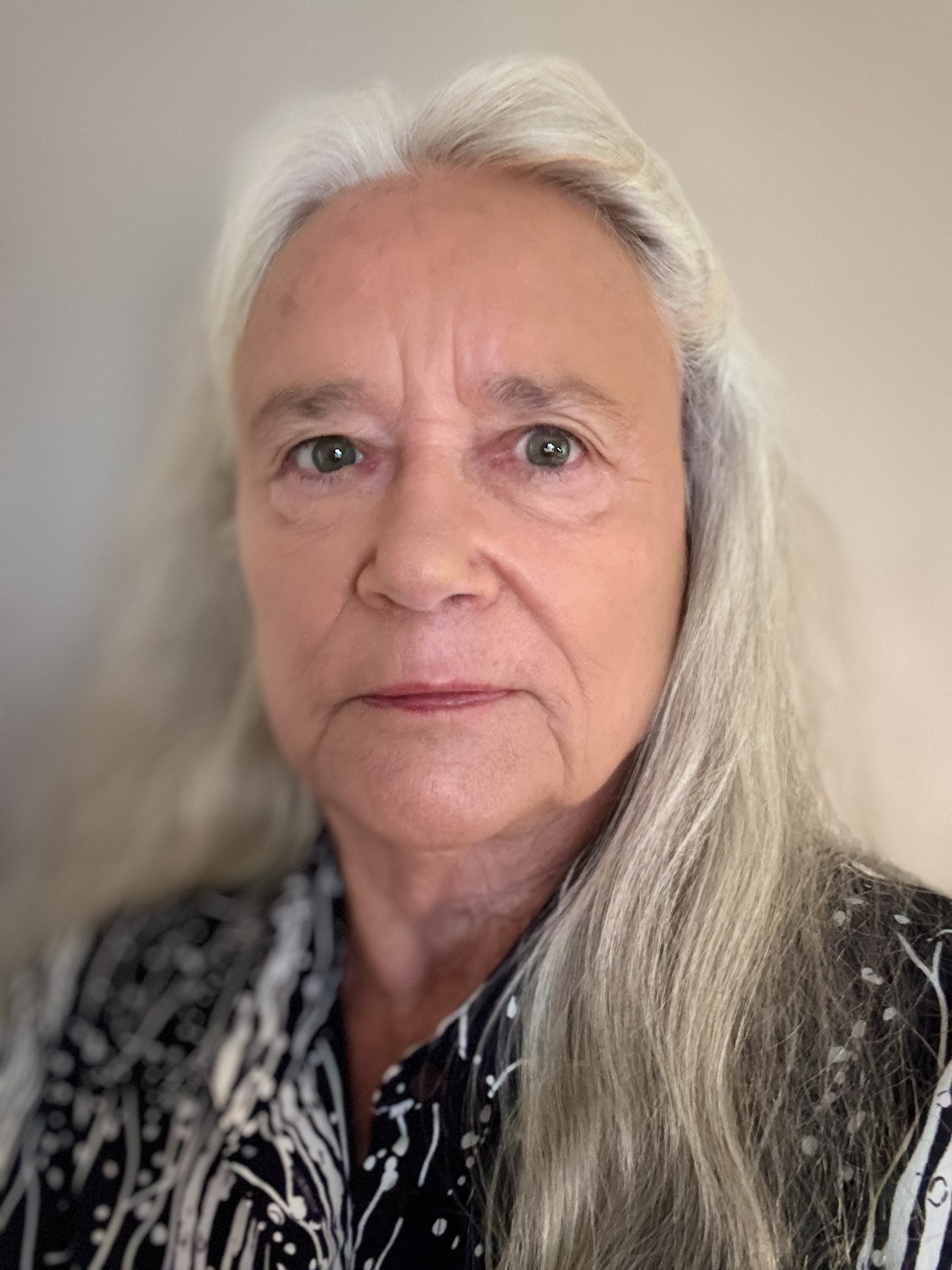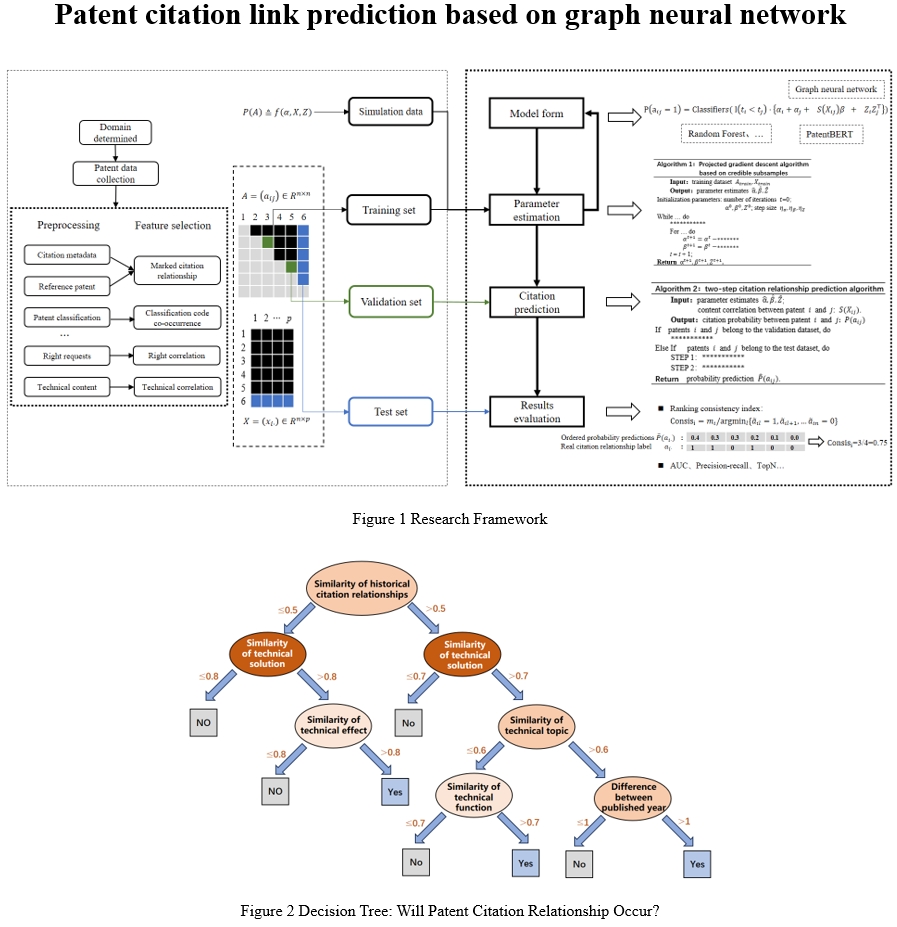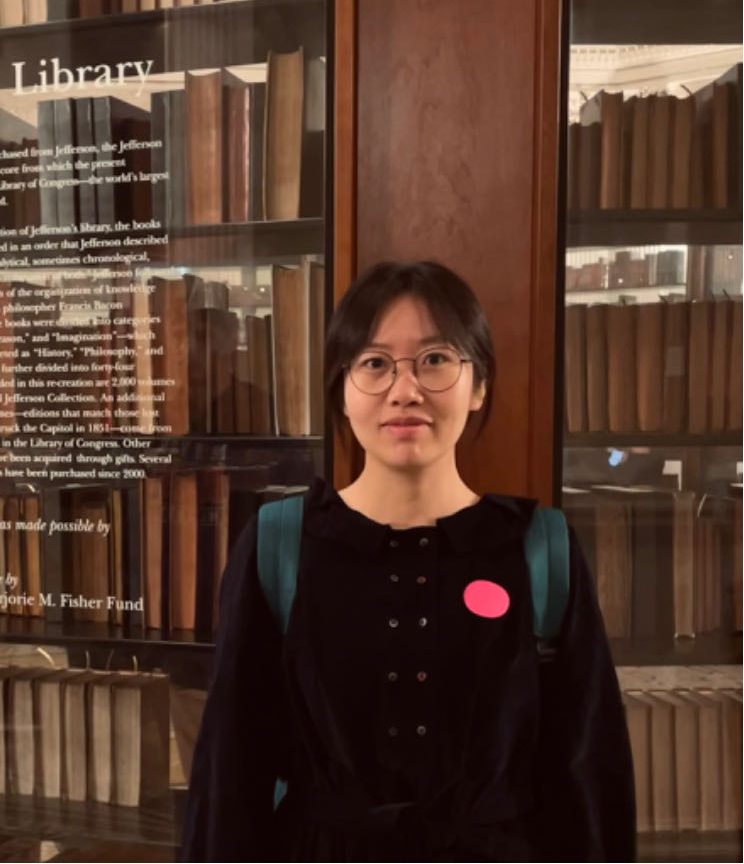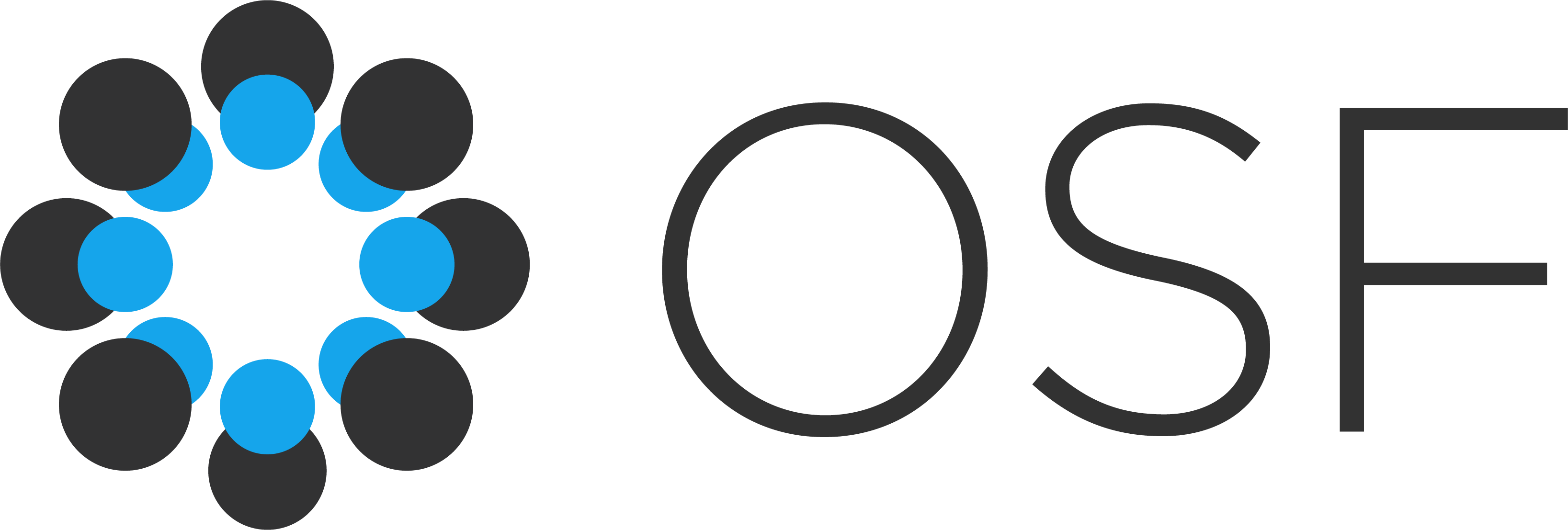Best Practices
- Starts at
- Wed, Oct 23, 2024, 14:00 EDT
- Finishes at
- Wed, Oct 23, 2024, 17:00 EDT
- Venue
- Auditorium
- Moderator
- Marie-Claude Côté
Moderator
-

Marie-Claude Côté
Employment and Social Development Canada
Marie-Claude Côté is Senior Manager, Information Architecture at Employment and Social Development Canada. Her work involves the sound deployment of information management (IM) and recordkeeping (RK) practices throughout this 44,000-employee federal department. Her previous functions in the Government of Canada (GC) include leading various projects pertaining to IM, RK, and archives; directing the development and assessment of IM, RK, and metadata tools, advice, and policy instruments; as well as contributing to department- and government-wide electronic documents and records management system implementations. She previously held management and analyst positions at Library and Archives Canada, Treasury Board of Canada Secretariat, the Department of Canadian Heritage, the Canadian Internal Development Agency, and Industry Canada. After obtaining her Master’s Degree in Library and Information Science, she worked in public and private sectors libraries before joining the federal public service more than 20 years ago. Marie-Claude's impact on the advancement of the information management domain was confirmed by the Ted-Ferrier Award from ARMA Canada’s National Capital Region Chapter. Marie-Claude is the brain behind the ideation and development of a new unified information and data life cycle representation. She also teaches the IM Curriculum at the Canada School of Public Service, and serves on the Dublin Core Metadata Initiative as an organising committee member and papers peer-reviewer for the annual conference. She is a certified project management professional (PMP).
Presentations
Dublin Core Application Profiles
-

Karen Coyle
DCMI
Karen Coyle is a librarian specializing in metadata standards. She has served on standards efforts including the MARC standards group (MARBI), NISO committee AX for the OpenURL standard, W3C's SHACL specification, and was an ALA representative to the e-book standards development that led to the ePub standard. She is currently investigating the possibilities offered by the semantic web and linked data technology, working with the Dublin Core Metadata Initiative. Karen's publications are available on her web site, https://kcoyle.net.
Dublin Core and specialized metadata for the Web and Social Media Preservation Program and the Government of Canada Web Archive (GCWA)
-

Kevin Palendat
Library and Archives Canada
Kevin Palendat is a senior project officer and web archivist specializing in digital archives and web preservation. He work with the Web and Social Media Preservation Program at Library and Archives Canada.
NLK’s Plan for Transition to Metadata Framework Based on Linked Data
In response to these changes, the National Library of Korea (NLK) has announced the "National Bibliography 2030" vision. This vision aims to transition from traditional MARC to a new bibliographic framework based on linked data, such as BIBFRAME, by 2030.
As part of the step-by-step implementation plan for this vision, we conducted research this year on applying BIBFRAME. This research involved converting and analyzing national bibliographic data, modeling ontologies, and identifying future implementation tasks. In this presentation, I will briefly introduce the results of this research.
-

Ahjin Lee
The National Library of Korea
Ahjin Lee is a librarian at the National Library of Korea. She has worked in a variety of roles, including library program planning and information services. Since 2023, she has been in charge of bibliographic data standardization at the Metadata and Sustainable Access Division of the NLK. She is currently focusing on a project to transition MARC to a new bibliographic framework based on linked data.
Balancing Great User Experience with Software Limitations: A Geospatial Ontario Example
-

Mike Dunkley
Geospatial Ontario, Ontario Ministry of Natural Resources
For over two decades, Mike has been part of the innovative GIS community at the Ministry of Natural Resources (MNR) at Govt Of Ontario. Currently, he is enjoying his role as a Project Manager within the newly unveiled Geospatial Ontario program. Whether it’s modernizing our corporate data maintenance solutions, ensuring robust metadata management, or steering the ambitious Ontario GeoHub initiative, Geospatial Ontario plays a pivotal role in advancing geospatial data capabilities across the province.
A case study on archival records and their metadata: from department to archive to public access
-

Kat Timms
Library and Archives Canada
Kat Timms is a Senior Analyst on the Recordkeeping Strategies team in the Government Record Branch at Library and Archives Canada (LAC). For over 15 years, she has been working at LAC in numerous roles where she has acquired significant experience contributing to and coordinating programs, services, and initiatives related to archival and library operations and metadata. In her work, she has developed and implemented policy in the domains of information management, digital archives, recordkeeping, and archival metadata. She is an author of LAC’s recently published Operational Standard for Digital Archival Records’ Metadata and primary architect of the suite of supplementary guidance currently in development meant to support its use. Kat has significant experience in information standards development including work with the International Organization for Standardization (ISO) and the International Council on Archives (ICA). -

Matthew Moore
Library and Archives Canada
Matthew Moore is the Manager of the Recordkeeping Strategies Team at Library and Archives Canada (LAC) in the Government Records Branch. He has over a decade of experience in the heritage and information management sectors, including working in museums and archives, private sector litigation support, and strategic information management and recordkeeping in the Government of Canada. Currently, his responsibilities include overseeing a series of projects designed to ensure that government information is appropriately managed to safeguard the authenticity and integrity of archival government records including their metadata. His recent work involves managing projects focused on information management advice around records identification and retention, digital transfers, and archival government records metadata requirements. This includes LAC’s recently published Operational Standard for Digital Archival Records’ Metadata and supplementary guidance. He is the Vice-Chair for the Canadian Mirror Committee for the International Organization for Standards (ISO) on archives and records management.
Identifying and measuring the characteristics of research data reuse behavior and diffusion rules in scientific literature
-

Ning Yang
National Science Library (Chengdu), Chinese Academy of Sciences
Yang Ning is a Senior Engineer at the National Science Library (Chengdu), Chinese Academy of Sciences. He has been selected as a Distinguished Research Fellow at CAS. He currently serves as the Deputy Director of the Knowledge Systems Department, as well as the Deputy Director of the Sichuan Province Engineering Research Center for Intelligent Mining and Application of Scientific and Technological Information. He obtained his PhD degree in Management at the University of the Chinese Academy of Sciences and was a Visiting Scholar at the School of Information at Kent State University in the United States. He has long been engaged in research in the fields of information organization and utilization, knowledge mining and services, and scientific data management and application. He has led one project funded by the National Social Science Fund, published over 20 papers in core journals and academic conferences such as Scientometrics and Library and Information Service, co-authored two books, holds two authorized invention patents, and has three software copyrights. He also serves as a peer reviewer for multiple journals and conferences. -

Wei Hu
National Science Library (Chengdu), Chinese Academy of Sciences
Dr. Wei Hu is an assistant research fellow at National Science Library (Chengdu), Chinese Academy of Sciences. His interests include complex network modeling, text mining, and knowledge organization.
The African Development Bank SANKOFA Program: Business Classification that Enables Disclosure, Protects Sensitivity and Integrates Knowledge into the Business Process
-

Joseph Busch
Taxonomy Strategies
Mr. Busch is an authority in the field of information science, with an emphasis on helping organizations develop metadata frameworks and taxonomy strategies to ensure that content realizes its highest value through re-use and re-purposing. He has extensive knowledge and experience developing content architectures consisting of metadata frameworks, taxonomies and other information management methods to implement effective applications. He is currently on a full-time assignment as the senior business classification analyst for the African Development Bank which is based in Abidjan in the Côte d’Ivoire.
A Linked Data Model for Entity Aggregation
A fundamental requirement for the development of the Linked Data Knowledge Graph at the National Library Board of Singapore (NLB) was to able to ingest multiple entity descriptions, for the same real world object. Imagine all the individual Person entities for a prolific author that would be created if you import all the MARC records from a library management system.
To satisfy this requirement an adaptive data model was developed utilising elements of the OAI-ORE Aggregation vocabulary to track the relationship between individual source derived entities (for the same object) and a primary entity which exhibits a consolidated view across all the sources.
Richard will describe this simple model that is capable of dynamically tracking relationships even when source entities are deleted, modified, or added to the knowledge graph.
-

Richard Wallis
Data Liberate
Independent Consultant and Evangelist, a distinguished thought leader in Linked Data and Semantic Web who has been at the forefront of the emergence of these technologies for over 30 years. He is Chair of W3C Community Groups, including Schema Bib Extend & Bibframe2Schema.org. An evangelist for the adoption of Linked Data in cultural heritage and the wider Web. He has an international reputation for insightful and entertaining keynote sessions at library, Web, and Semantic Web focused events. He is currently working with the National Library Board of Singapore, and others on the extension, and use of the Schema.org vocabulary, plus its relationship with other vocabularies such as Bibframe.
Cross-searching of datasets by linking repository and vocabulary management in materials data platform
This presentation will introduce the MDR XAFS DB (https://doi.org/10.48505/nims.1447) as an use case of a data platform linking datasets on NIMS MDR and vocabularies on MatVoc. It provides cross-searching XAFS (X-ray absorption fine structure) spectral data curated by research institutions in Japan. In addition, this presentation will introduce the International XAFS DB Portal (https://ixdb.jxafs.org/) built on several XAFS databases including MDR XAFS DB.
-

Kosuke Tanabe
National Institute for Materials Science
Kosuke Tanabe is a software engineer and a librarian at National Institute for Materials Science. He has been involved in developing several research information services such as NIMS Mateirals Data Repository (https://mdr.nims.go.jp) and Researchers Directory SAMURAI (https://samurai.nims.go.jp). He has also been involved in Japan Link Center (https://japanlikcenter.org) and ORCID Japan Consortium (https://orcid-jp.net) in promoting persistent identifiers in Japan.
Knowledge discovery from scholarly resources using Large Language Model and Knowledge Graph
-

Guojian Xian
Agricultural Information Institute (AII) of CAAS, China
Guojian Xian is Professor and Director of the Literature Research Department at the National Agricultural Library, Agricultural Information Institute of CAAS. He has more than 10 years of experience in data governance, thesaurus, ontology, linked data, as well as knowledge service, spearheading projects like National Key Technology R&D program, major project of the Ministry of Science and Technology of China, and special project of National Science and Technology Library (NSTL), among others. He has ever served as a visiting scholar at the Food and Agriculture Organization (FAO), where he contributed to the mapping of AGROVOC and the Chinese Agricultural Thesaurus (CAT). -

Jiao Li
Agricultural Information Institute (AII) of CAAS, China
Dr. Jiao Li is an associate professor at the National Agricultural Library, Agricultural Information Institute of CAAS. Her research interests include text mining, knowledge organization and knowledge service.





